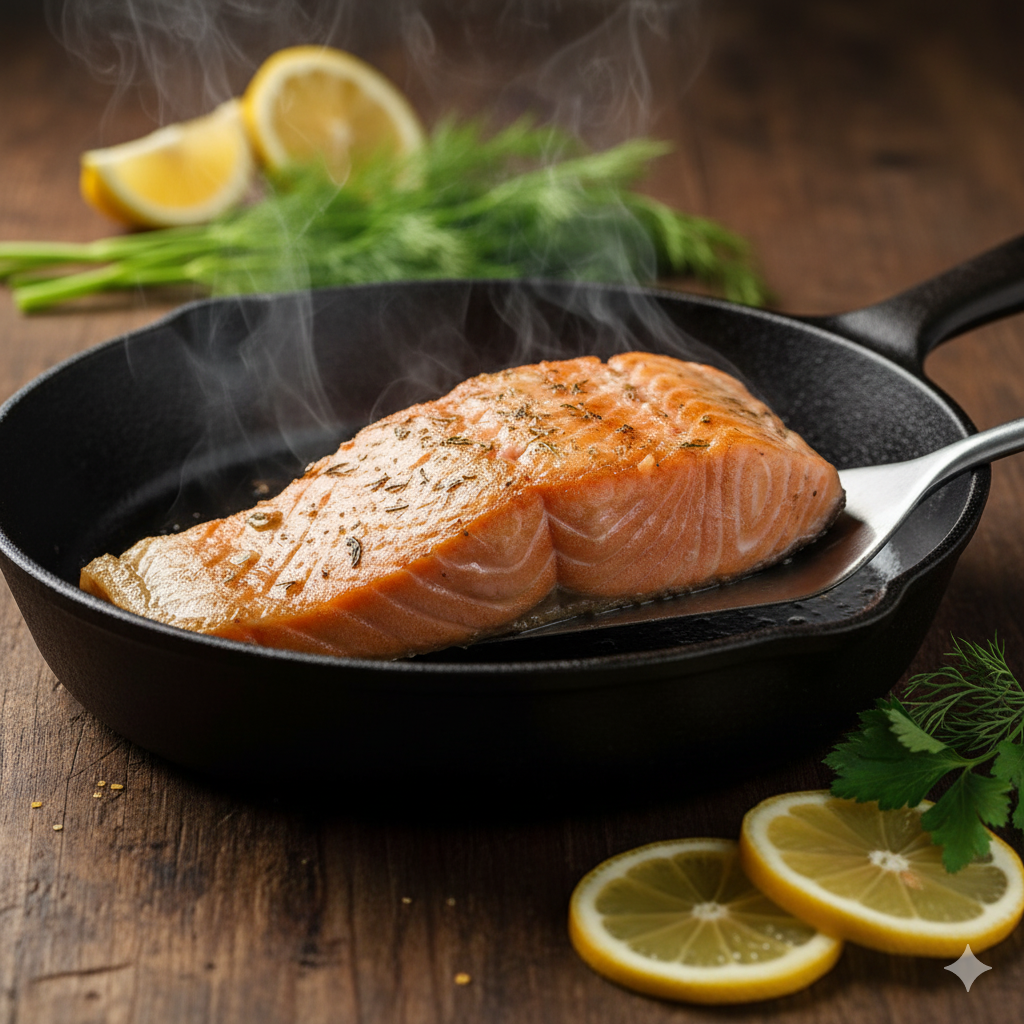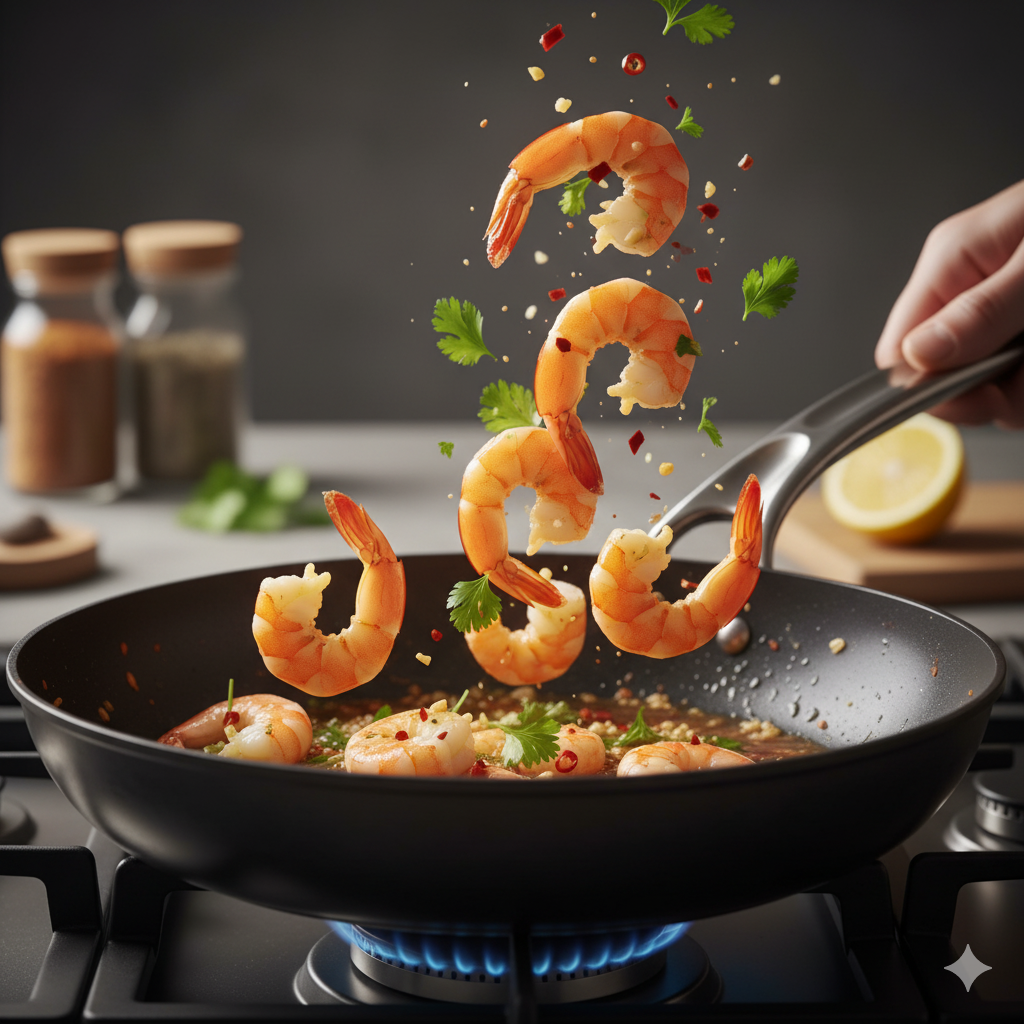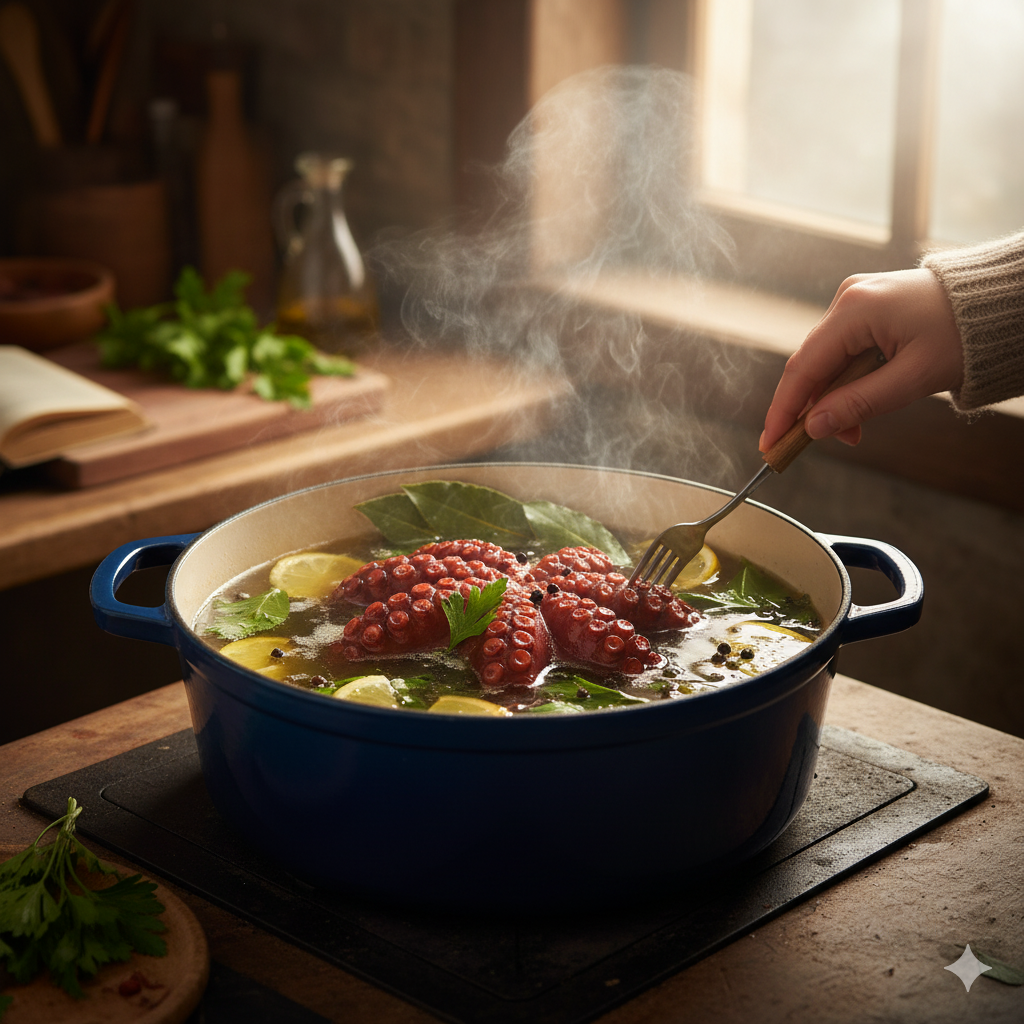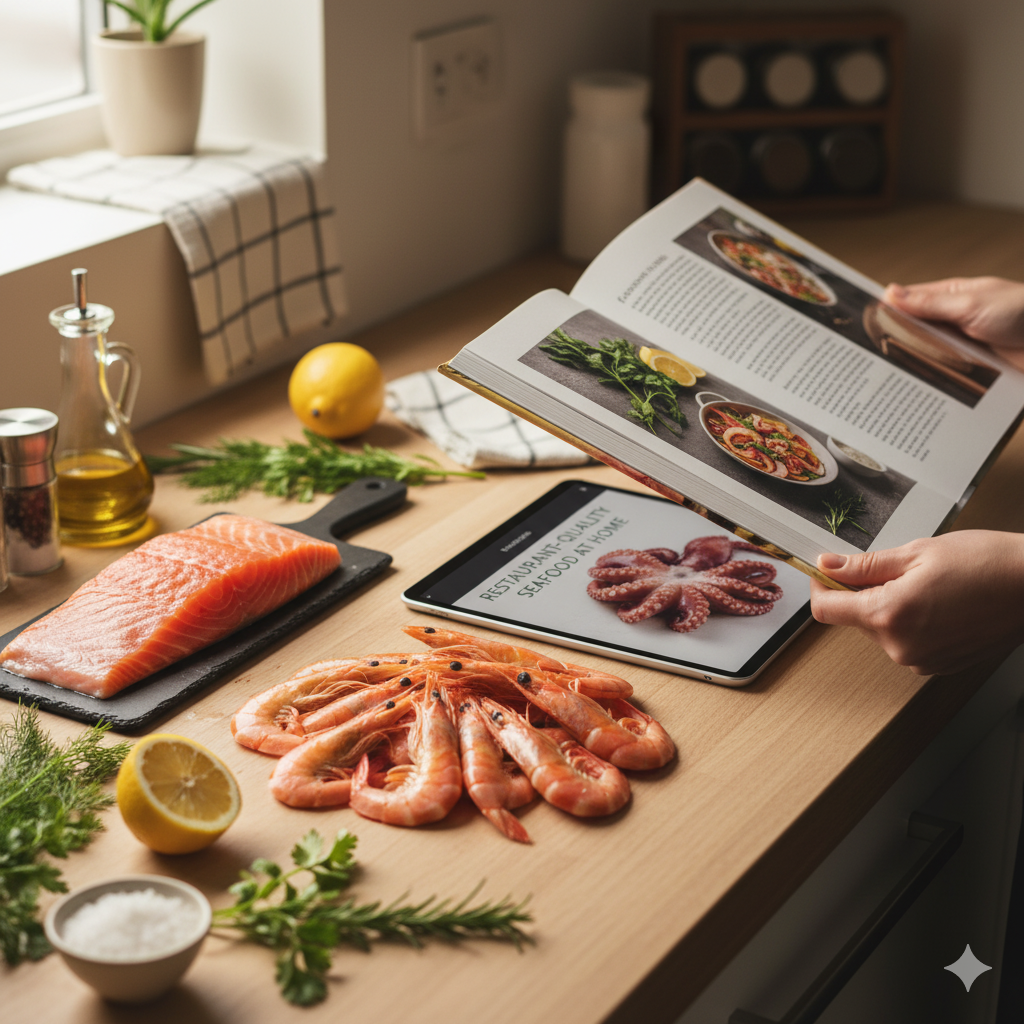Are you hesitant to cook seafood at home, fearing you might overcook it or not bring out its best flavors? You're not alone! Many home cooks feel intimidated, but mastering seafood is easier than you think. At Del Mare Food, we believe everyone deserves to enjoy restaurant-quality seafood in their own kitchen. This comprehensive guide will equip you with the essential tips and tricks to perfectly prepare salmon, shrimp, and octopus, turning intimidation into culinary confidence.;
Perfectly Pan-Seared Salmon: Crispy Skin, Flaky Flesh
Achieving that coveted crispy skin and moist, flaky interior on salmon is simpler than it seems. Start with a hot pan and a good quality oil. Pat your salmon fillet dry, season generously, and place skin-side down in the pan. Don't touch it for 4-5 minutes! This allows the skin to crisp. Flip and cook for just another 2-3 minutes, depending on thickness, until the internal temperature reaches 125-130°F (52-54°C) for medium-rare, or slightly higher for more done. The key is to not overcrowd the pan and resist the urge to constantly move the fish.

Succulent Shrimp Every Time: Avoiding the Rubbery Trap
Overcooked shrimp are notoriously tough and rubbery. The secret to succulent shrimp is quick cooking and watchful eyes. Whether grilling, sautéing, or boiling, shrimp cook incredibly fast. They're done when they turn opaque and curl into a C-shape. A minute too long can make all the difference. For sautéing, heat oil or butter in a pan, add seasoned shrimp, and cook for 1-2 minutes per side. Remove immediately from heat. For boiling, drop them into rapidly boiling water and remove as soon as they turn pink.

Tenderizing Octopus: From Tough to Delicately Soft
Octopus might seem challenging, but a few tricks guarantee tenderness. The "freeze and thaw" method can help break down fibers. For cooking, popular methods include slow braising or pressure cooking. Braising involves simmering the octopus gently in liquid for 60-90 minutes until fork-tender. Alternatively, a quick blanch followed by grilling or roasting can also yield fantastic results. The goal is to cook it long enough to become tender, but not so long that it falls apart.


